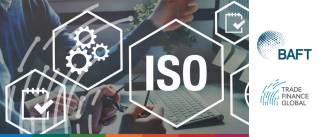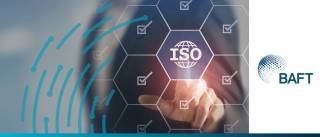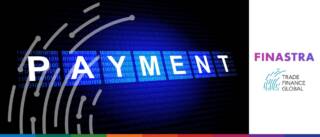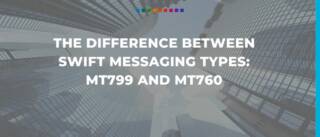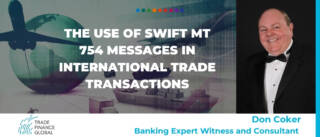The Bankers Association for Finance and Trade (BAFT), a global industry association for international transaction banking, has released a whitepaper, “ISO 20022 Migration: Lessons Learned”, highlighting some of the critical lessons its members have learned while implementing this ‘new language of payments’.
BAFT, the leading global financial services association for international transaction banking, has published a new white paper titled “ISO 20022 Migration: Lessons Learned”.
In order to communicate with each other, banks use a messaging system called SWIFT (Society for Worldwide Interbank Financial Telecommunication), which provides a standardized and secure way to exchange information. There are several different types of SWIFT messages that banks use for various purposes.
The financial services industry is constantly changing, and the pace of change is accelerating rapidly, especially for the payments sector. The industry has witnessed many shifts: from the barter system to cash, from cheques to cards, and from cards to digital banking and payments.
To learn more about the cross-border B2B payments landscape, Trade Finance Global (TFG) interviewed Ben Ellis, global head of Visa B2B Connect.
SWIFT MT799 is a Free Format Message. MT760 is used for requesting a Standby Letter of Credit or Demand Guarantees. Read the TFG guide now
The US and its Western allies have ramped up harsh economic sanctions against Russia, as it continues to attack Ukraine
If your work involves international trade transactions, you will find that one of the most common and useful SWIFT Codes that you will encounter is SWIFT code MT 754.
Trade and supply chain finance provide innovative solutions for the working capital gap faced by growing companies.
How has SWIFT changed, what challenges have they faced and how will they continue reinventing themselves in the highly competitive global payments market?
SWIFT is a communication platform that allows members to connect and exchange financial messages securely and reliably.
The global leader in cloud payments and financial messaging, Volante Technologies, announces partnership with MDSL to enhance banking payments in Egypt.
Since the inception of UCP 600, trade finance professionals, in particular, the letter of credit community, have been discussing the need for and consequences of modifications and exclusions to the rules in commercial LCs issued under UCP 600.
The need for trade digitization has never been more prevalent than it is today, especially with pandemic-induced restrictions emphasizing the inefficiency of paper-based trade. Our Editor, Deepesh Patel sat down with Contour’s CEO and Chief Product Officer, as well as TradeLens’ Head of Strategy and Operations, to discuss how fintech can come together to partner to solve these problems.
 Australia
Australia Hong Kong
Hong Kong Japan
Japan Singapore
Singapore United Arab Emirates
United Arab Emirates United States
United States France
France Germany
Germany Ireland
Ireland Netherlands
Netherlands United Kingdom
United Kingdom
